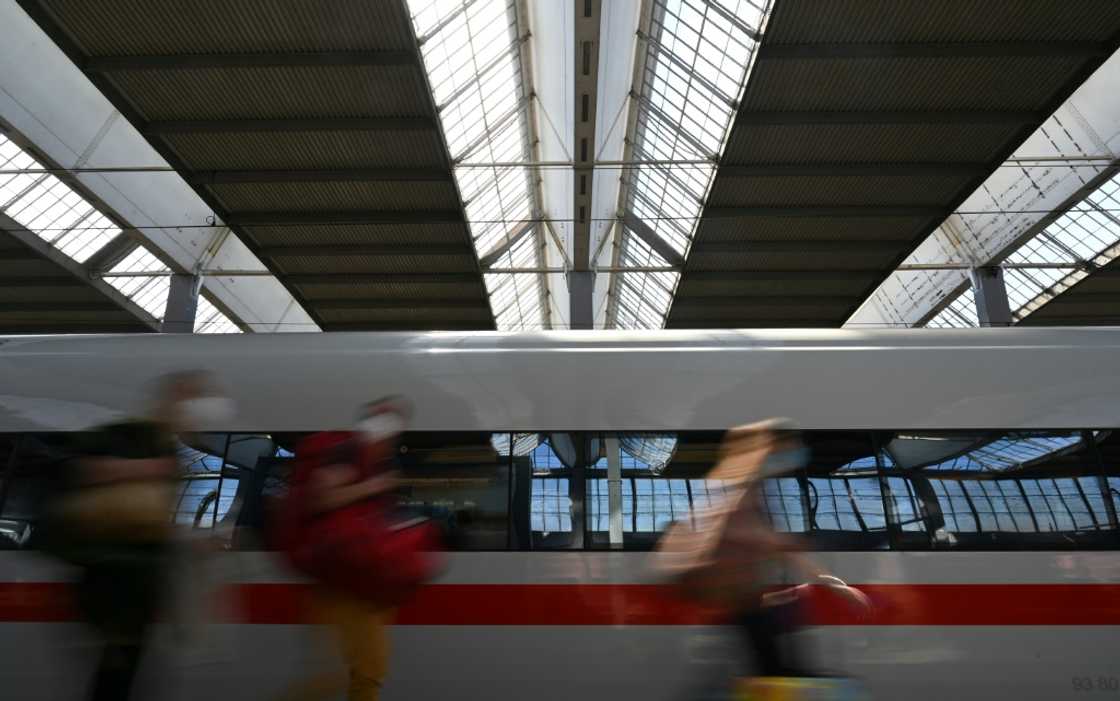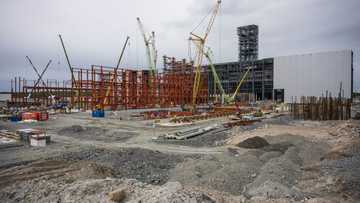Brussels wants high-speed rail linking EU capitals by 2040

Source: AFP
The European Commission Wednesday unveiled twin initiatives aimed at slashing transport carbon emissions across the continent -- by expanding high-speed rail links and boosting sustainable fuels for aviation and shipping.
The first is a plan for linking capitals across Europe via high-speed rail by 2040 -- both by upgrading existing lines and building new ones.
Under the proposal, travel times from Berlin to Copenhagen could be slashed from seven to four hours, while a journey from Athens to Sofia would take six hours instead of nearly 14.
It would also open up new connections, such as Paris to Lisbon.
To that end, Brussels is working to remove barriers to cross-border rail travel -- from harmonising ticketing systems, with a legal proposal expected early next year, to boosting competition to drive down prices.
The Commission separately plans to bring together EU member states, rail operators and financial institutions to coordinate the massive investment needs -- estimated to be at least 345 billion euros by 2040, rising to over 500 billion euros by 2050.
Alberto Mazzola, head of the Community of European Railways (CER) lobby group, called the plan "an important first step."
"With this central momentum bringing together all stakeholders, Europe can truly move from isolated high-speed rail pockets to an integrated transcontinental network," he said.
Efforts to integrate rail links across Europe have faced setbacks to date, including the failed relaunch of Paris-Berlin night trains and problems with a new Brussels-Venice service, which stalled at the Italian border during its inaugural run in February.
In parallel, the Commission Wednesday adopted a plan to ramp up production of sustainable fuels for aviation and maritime transport, backed by nearly three billion euros in EU funding, to help the sectors meet their climate targets.
The initiative aims to accelerate the shift from pilot projects to industrial-scale production of low-carbon alternatives to kerosene, particularly e-fuels made using decarbonised electricity.
The sector has struggled to take off due to the scale of investment needs -- estimated at 100 billion euros across the EU by 2035.
The Transport and Environment pressure group said the plan contained "promising steps" towards decarbonising aviation and maritime transport -- but that the bloc needs to move fast.
"The EU must now follow through on these commitments if it is to help preserve Europe's technological leadership in e-fuels," said the group.
Source: AFP



